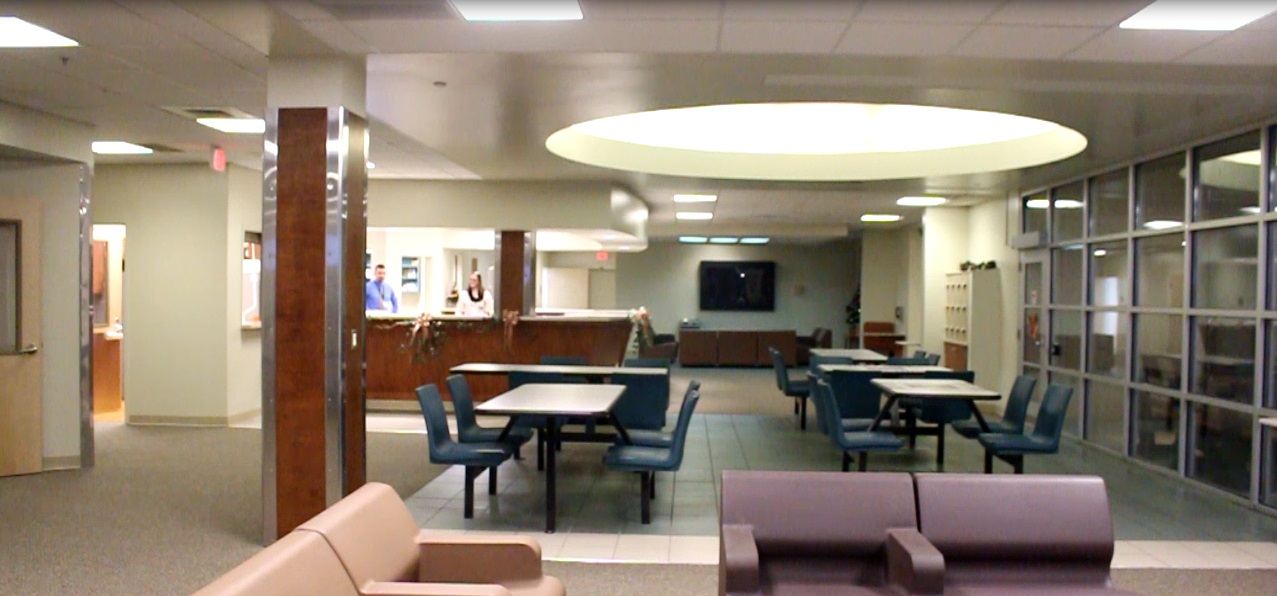News

Mental Healthcare Unit Gets Upgrade
By: Susan Tebben
Posted on:
For the first time in 22 years, a local mental health and addiction facility has had a major renovation which officials say will benefit both employees and patients.
Community members got a chance to see the new patient unit at Appalachian Behavioral Healthcare on Thursday night. During the open house, visitors saw the results of a $3.6 million capital project that took more than a year from the design phase to completion. Officials say improved sightlines, a more centralized nurse’s station, better designed rooms and a more modern layout make the facility seem less like a hospital and more like a relaxing place to be.
“It’s great, it’s created room to gather and still be visible (by nurses), but there aren’t places where people can hide and injure themselves,” said Dr. Mark McGee, chief clinical officer for ABH.
The renovation brings the facility back to 88 beds from the 74 available during construction, with 20 private and 34 semi-private patient rooms being redone. Quiet rooms and comfort rooms were also included, with murals of nature scenes, aromatherapy and other strategies for those who are housed in the facility.
New safety features are a part of the upgrades as well, including recessed sprinkler systems, push-button showers and sinks, along with room designs that don’t include sharp edges.
The renovation caused a need for condensing patients into other units or transferring to other facilities while construction was completed. Despite the construction, McGee said it wasn’t possible to close the facility temporarily.
“Even closing one unit, with as busy as we are, we couldn’t have closed,” McGee said.
An average stay for a patient in the facility is seven days, McGee said, but thousands of people come through the door every year.
The necessity of an updated facility wasn’t lost on Terry Russell, executive director of the National Alliance on Mental Illness in Ohio. Having spent some of his career at the Athens Asylum, the changes to the mental health system and the new design of ABH are long overdue.
“The stigma about (mental) illness is against the illness but also the care of the illness,” Russell said. “We recognize that a facility like this is the biggest need.”
Though he praised the new facility, Russell said a new space isn’t the only thing needed for those with mental illness to get help. Without community support, patients in the units will not succeed, he said.
“Kindness is damn near as important as medical care,” he said. “The biggest problem is not the hospital, it’s the community; where do (patients) go?”
Russell said healthcare, including the Medicaid expansion, have come a long way in including mental health along with other medical problems, like diabetes or physical surgeries.
“We have said it’s not a ‘casserole’ disease,” Russell said. “People bring you casserole when you have surgery, they don’t when you come out of a (mental hospital).”
But employees of ABH say Athens has a strong support system, and the facility works with the patients from day one on their recovery and reentry to society.
“If we weren’t working with the community, it wouldn’t work,” said Jane Krason, ABH’s chief executive officer.

